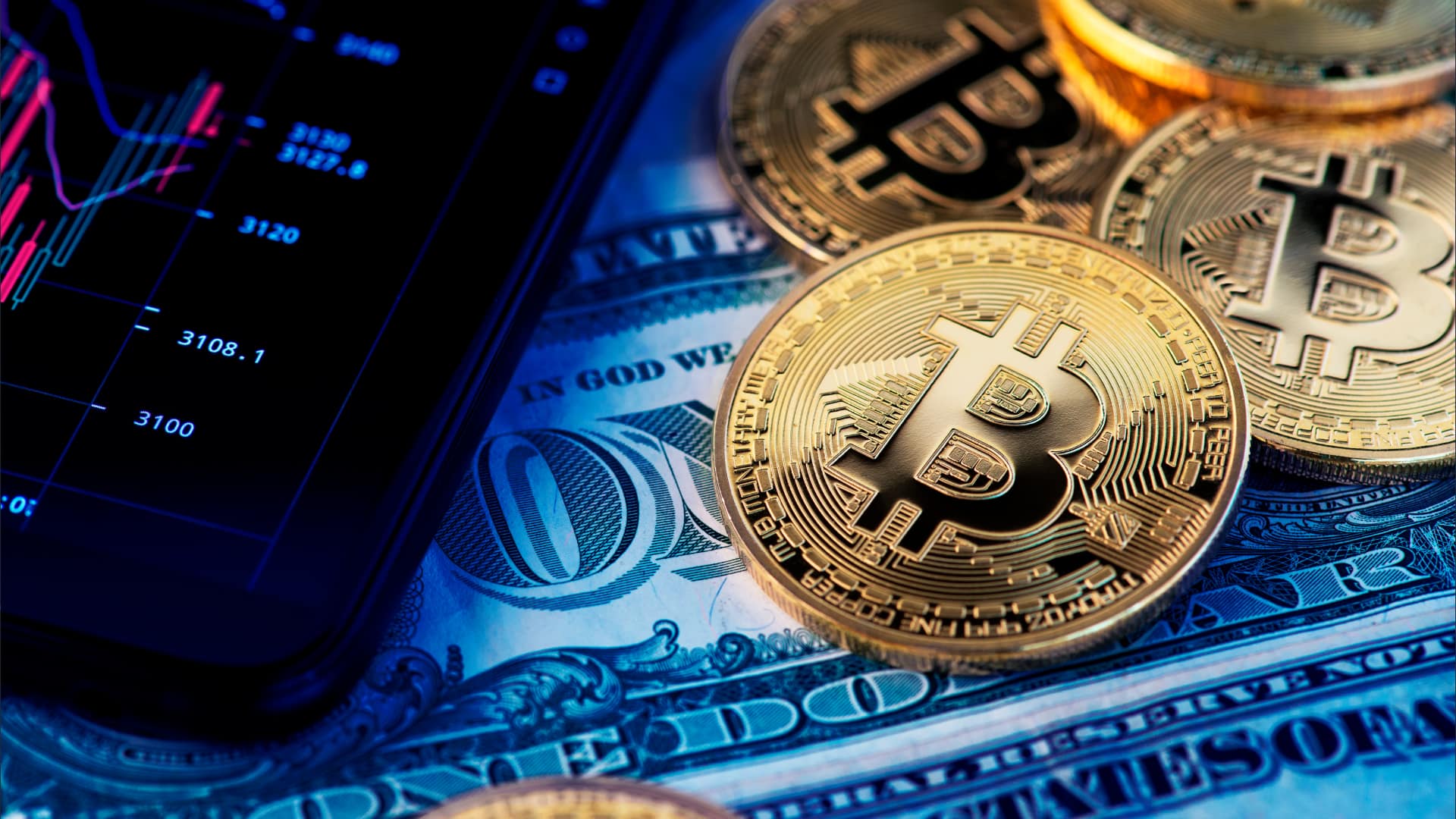Cryptocurrency Exchanges are platforms where people can purchase or sell blockchain tokens. This involves trading directly with one another, through merchants, or with the exchange itself. Certain things are notable with virtually all these platforms – they are free of charge. This is in the sense that they do not require new users to pay before accessing or utilizing their services.

The fact that they do not charge new users a specific fee upon registration has been making many people wonder how these exchanges make their money. After all, there is a saying that – if you are not paying for the product, then, you are the product. Is this really the case with crypto trading platforms? This article will lay bare everything you need to know about exchanges.
How Do Cryptocurrency Exchanges Make Their Money
Crypto exchanges need money to maintain operations, support their systems, and pay their staff. That money has to come from somewhere, somewhere legitimate. In this regard, these websites for trading blockchain tokens devise several measures to make profits without exploiting users.
There are various ways through which crypto exchanges make their money. This system applies to centralized and decentralized trading platforms.
Product Listing and IEOs
This is the most obvious way through which exchanges make money. Before listing a new coin on their marketplace, crypto exchanges demand a listing fee from the company listing the product. While there may be other conditions, the most consistent factor is the listing fee.
Meanwhile, a crypto exchange will benefit more when an Initial Exchange Offering is held on its platform. This means that the trading website gets a percentage commission for the number of tokens sold on their platform. IEOs are usually very common among Tier 1 Exchanges because Web3 startups are trying to get as much traction as possible.
Spot and Margin Trading Fees
This is where people need to separate the myth from the fact. Most exchanges do not collect the gas fees on the transfer of tokens. The reason is that these transactions occur on the blockchain, not the exchange. As such, it is the validators that receive gas fees as rewards for processing the transaction.
Instead, they charge users for trading one cryptocurrency for another on the exchange, which applies to spot, margin, and futures. The amount is usually deducted once the person initiates the trade.
Deposit and Withdrawal Fees
Another way crypto exchanges make a profit is by charging people whenever they want to make a withdrawal. Withdraw in this sense, implies converting crypto to fit, not transferring crypto from one blockchain wallet to another. At the point of exchange, the system calculates the equivalent and includes the charges for completing the process.
The same process applies to making a deposit by converting fiat currencies to crypto. Individuals have to pay a percentage to cover the conversion of funds to blockchain liquidity. It is almost like your standard foreign exchange system works.
Why Cryptocurrency Exchanges Do Not Charge Very high for Trading and Withdrawal Fees
Meanwhile, cryptocurrency exchanges do not charge users lump sums for their services. Besides listing fees, other charges are often very minute. The platform only charges people between 0.5% to 1% of the amount they trade, deposit, or withdraw as fees. But why is this the case?
The reason is simple – to encourage more transfers and make gains from voluminous transactions. Tectum charges zero gas fees on its T12 network while asking for only a 1% commission from merchants. While this is very small, it becomes significant when merchants receive multiple transactions.
In fact, the minute price for gas fees further encourages customers and merchants. If there are 200 transfers on our network, that is 200 times the 1%.
